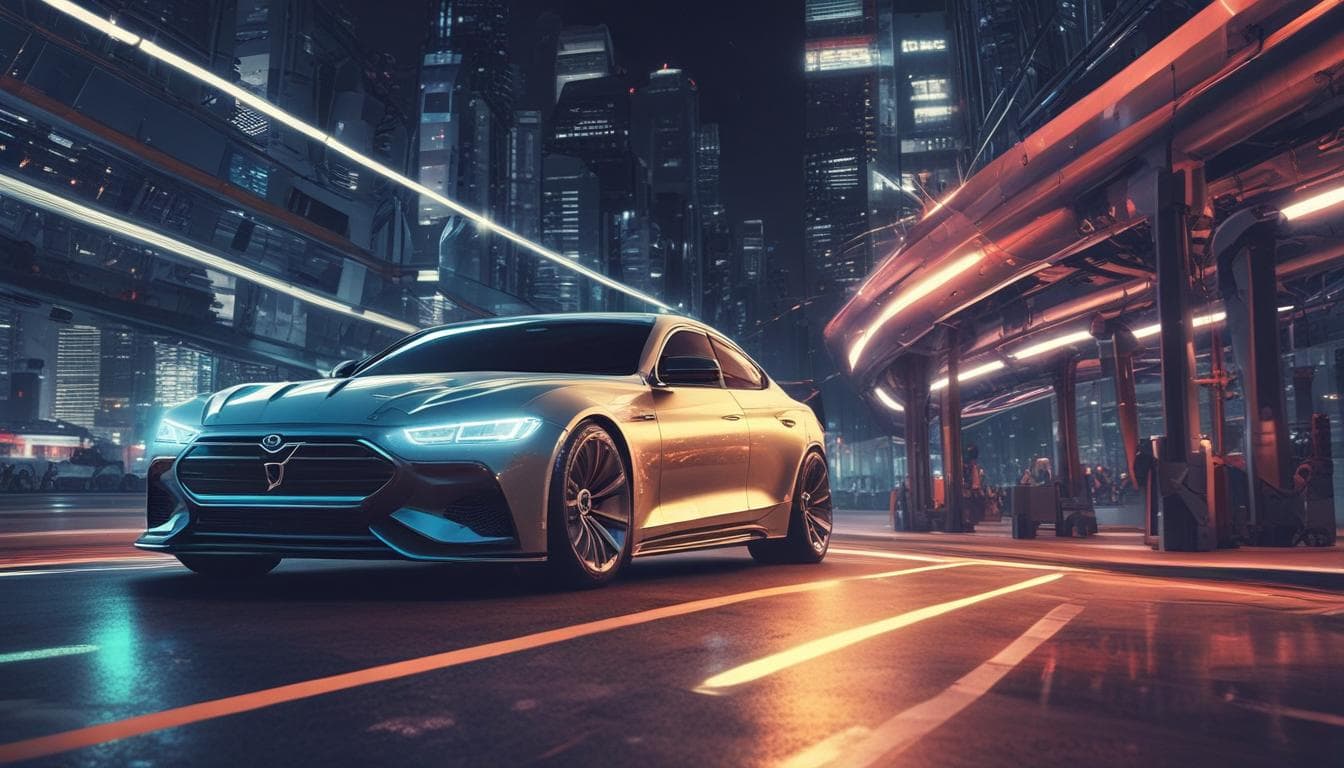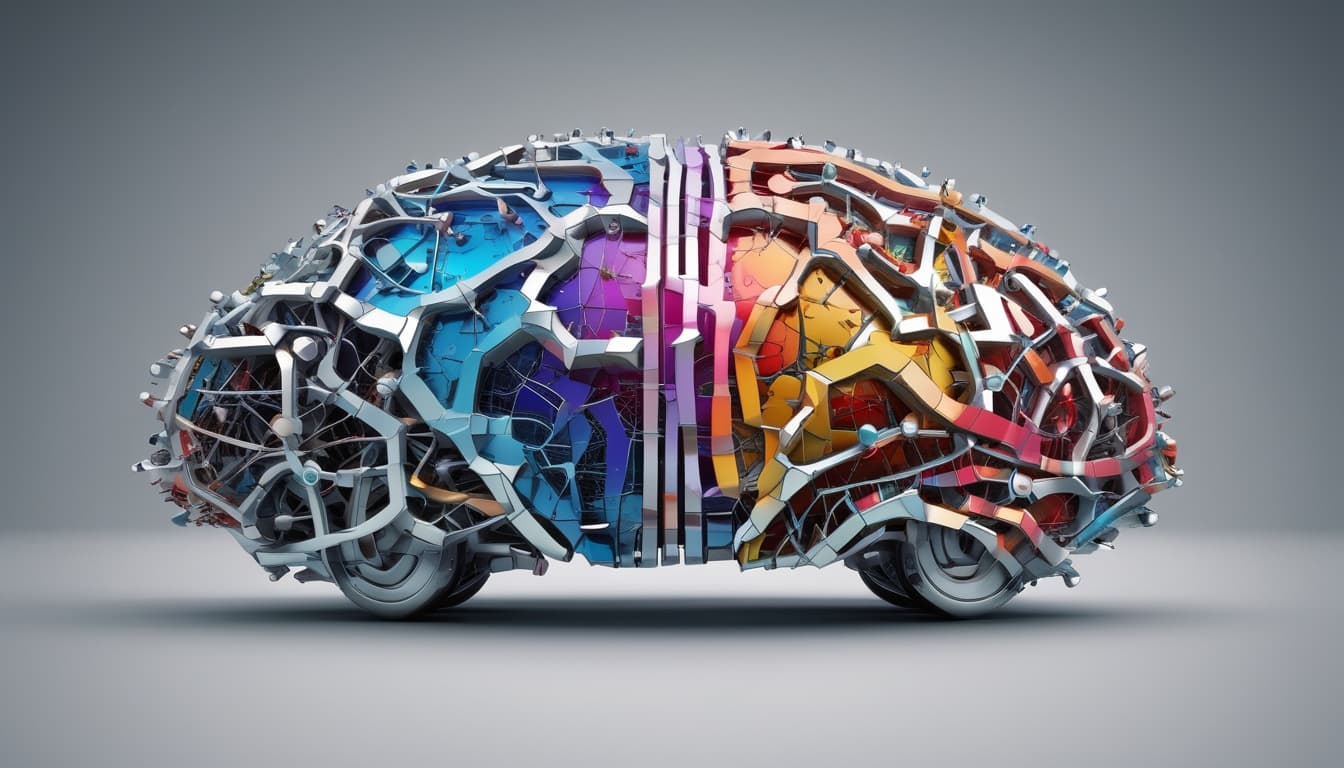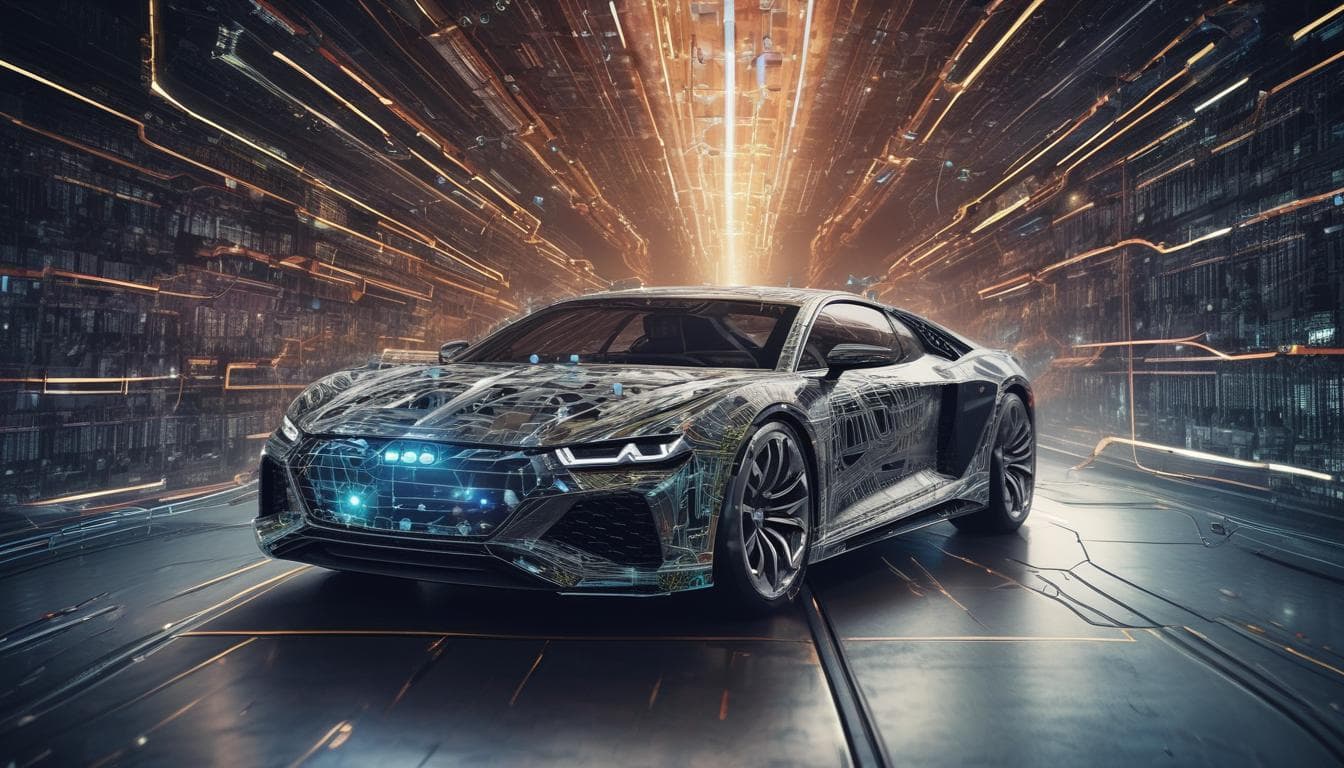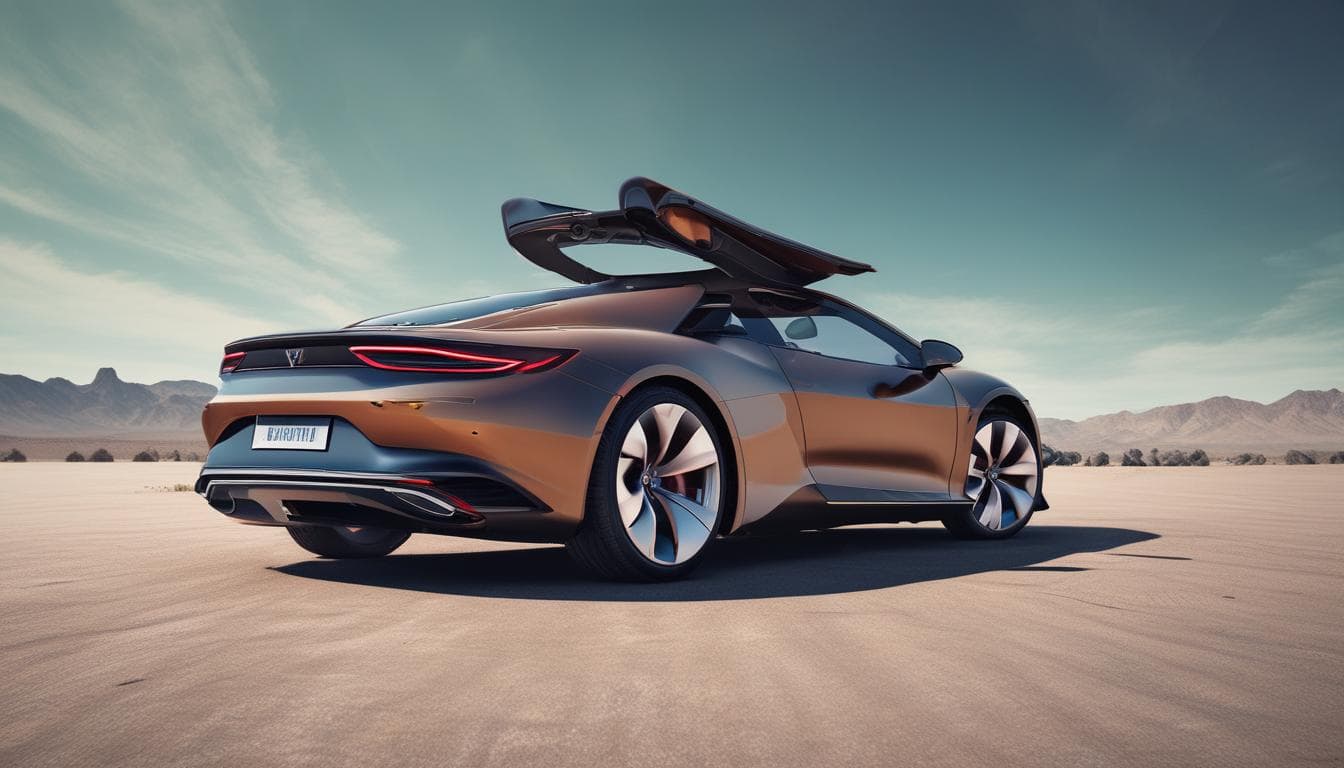With the increasing integration of AI in vehicles, how do you envision the future of car ownership evolving in different cultural contexts? Will personalized AI assistants lead to stronger emotional bonds with our cars, or will autonomous ride-sharing services redefine our relationship with personal vehicles entirely? Consider factors like urban density, public transportation infrastructure, and societal values related to car ownership in your response.
The integration of AI in vehicles is poised to revolutionize car ownership, and the impact will vary significantly across different cultural contexts. Let's explore this fascinating evolution.
The Emotional Bond
Personalized AI assistants could indeed foster stronger emotional bonds with our cars. Imagine an AI that learns your driving habits, anticipates your needs (like adjusting the temperature or playing your favorite music), and even adapts to your mood. This level of personalization could create a sense of companionship and familiarity, blurring the lines between machine and trusted friend. However, this emotional connection might be more pronounced in cultures where cars already hold a significant symbolic value, representing freedom, status, or personal expression.
Autonomous Ride-Sharing and Personal Vehicles
On the other hand, the rise of autonomous ride-sharing services will undoubtedly redefine the relationship with personal vehicles, especially in densely populated urban areas with robust public transportation. In these contexts, owning a car might become less of a necessity and more of a luxury or a symbol of personal preference. The convenience and cost-effectiveness of autonomous ride-sharing could lead to a decline in personal car ownership, particularly among younger generations who are less attached to the traditional concept of car ownership.
Cultural Nuances
Societal values surrounding car ownership also play a crucial role. In some cultures, car ownership is deeply ingrained, symbolizing independence and social status. Shifting away from personal vehicle ownership in these societies would require a significant cultural shift. Conversely, in cultures with strong public transportation systems or where car ownership is less prevalent, the transition to autonomous ride-sharing might be smoother.
The Future Landscape
I believe the future of car ownership will be a multifaceted one, with a blend of personal vehicle ownership and ride-sharing services coexisting. The specific balance will depend on factors like technological advancements, infrastructure development, and evolving cultural values. For more insights on the future of car ownership, I highly recommend checking out this article on the rise of software and feature subscriptions, which explores how subscription models might further alter the landscape.
Further Discussion Points
- The ethical implications of AI-powered vehicles and their impact on employment in the automotive industry.
- The role of government regulations in shaping the future of autonomous vehicles and ride-sharing services.
- The environmental impact of different car ownership models and transportation solutions.
- The security and privacy concerns associated with AI-powered vehicles and data collection.
探索更多相关内容
加入讨论
- 未来汽车的“生物感官”:它们将如何感知城市与人类?
探讨未来汽车超越传统视觉与雷达,拥有嗅觉、味觉、触觉等生物感官的可能性。想象这些“汽车五感”如何改变车辆对城市环境的理解、重塑驾驶体验、优化交通系统设计,并深化人与汽车的情感联结。加入讨论,分享你对智能汽车感官进化的独特见解。
- 未来汽车:移动的个人健康管理中心?机遇、挑战与展望
探讨未来汽车如何转变为“移动个人健康管理中心”,实时监测身体指标、提供个性化建议。分析其对日常生活、健康习惯的影响,以及带来的机遇、挑战,包括隐私、数据安全和跨界合作等问题。
- 未来十年,汽车将如何演变?会成为个性化移动生活空间吗?
探讨未来十年汽车是否会超越交通工具,演变成集移动办公室、娱乐中心、临时住所等功能于一体的个性化移动生活空间,以及这种变革对生活方式、城市规划和人际互动带来的影响。





